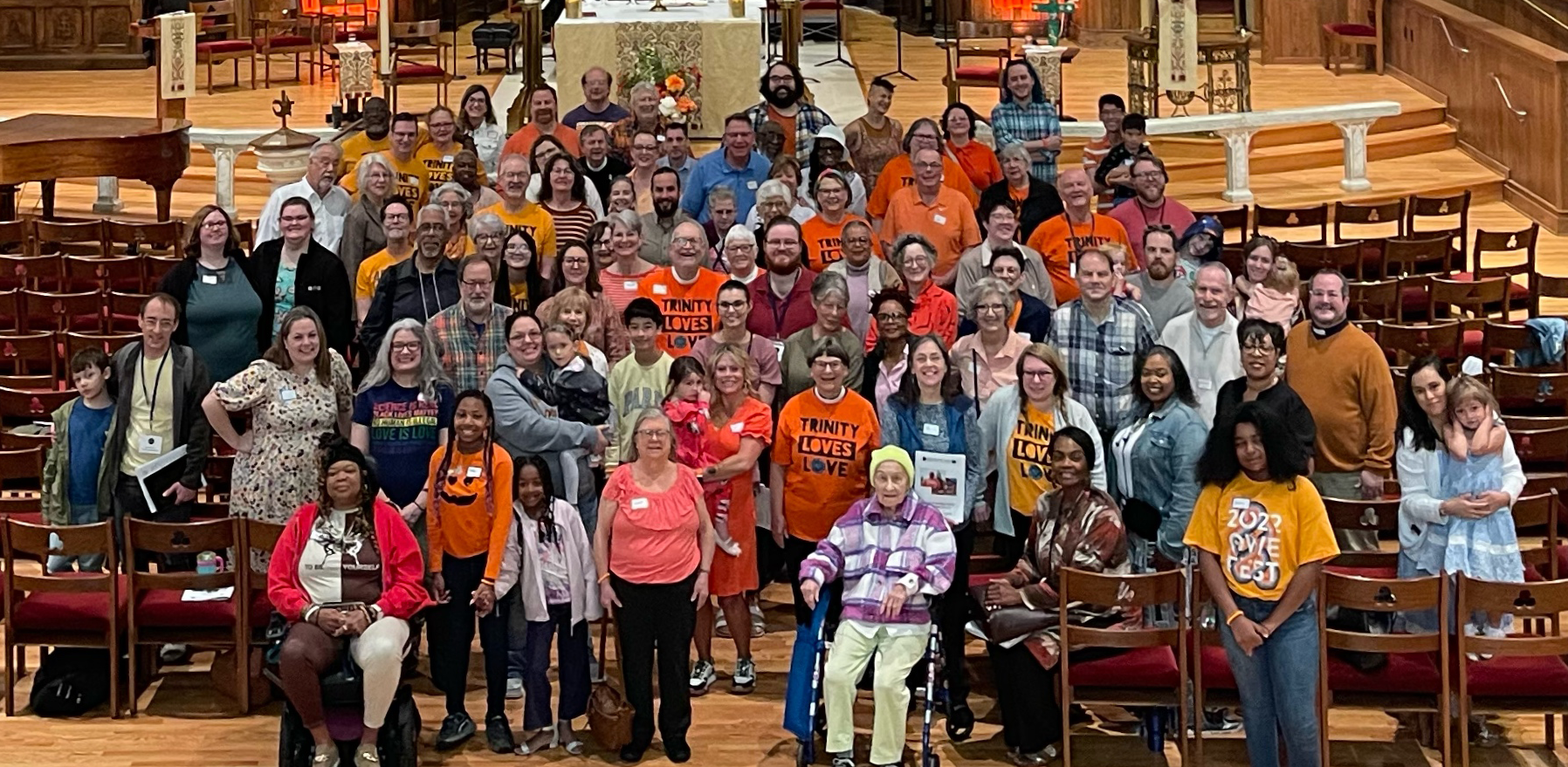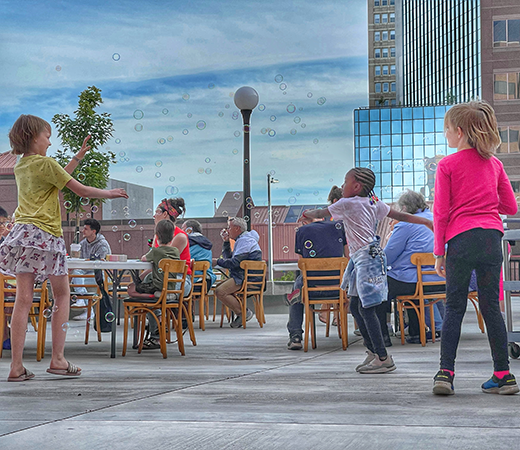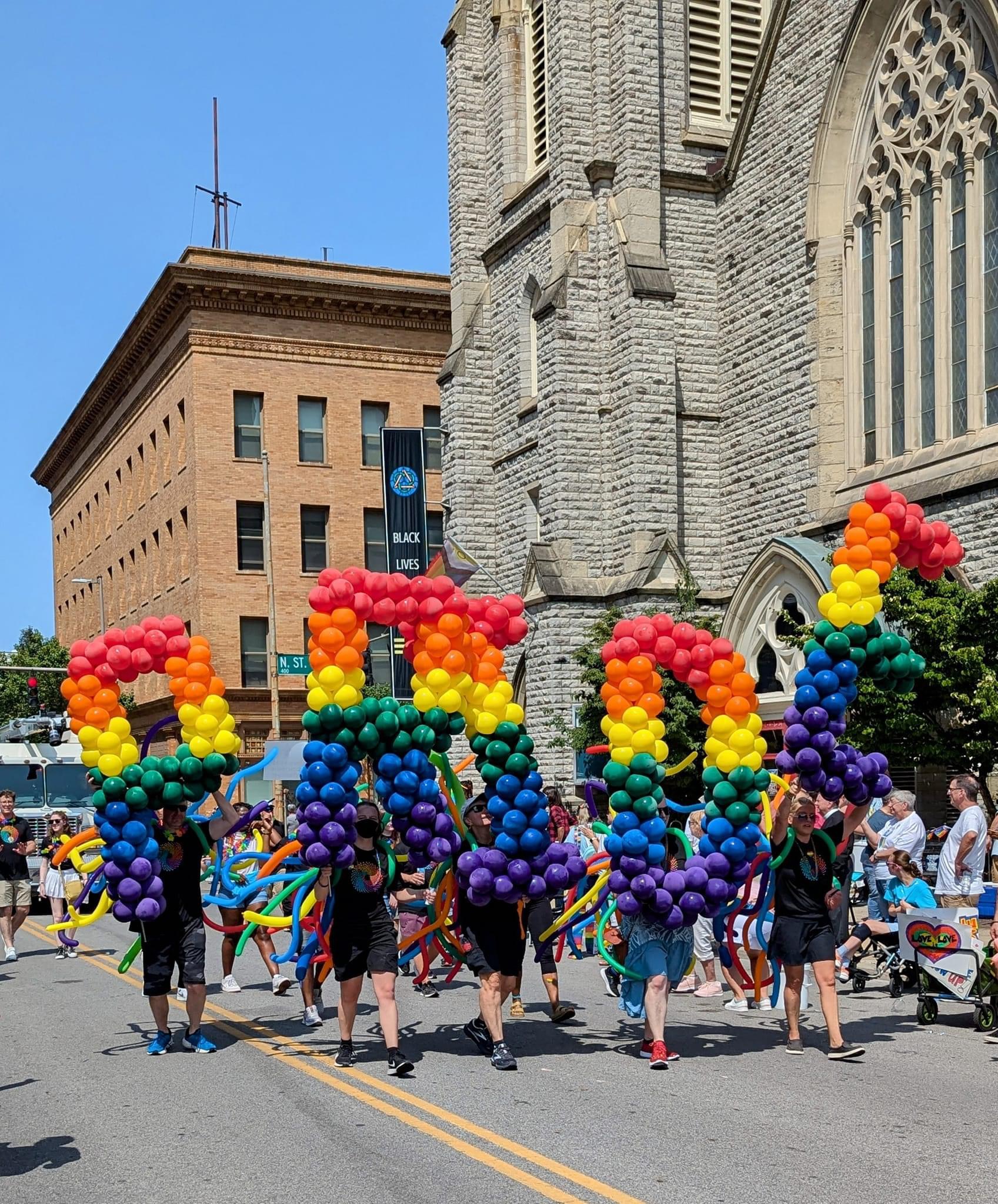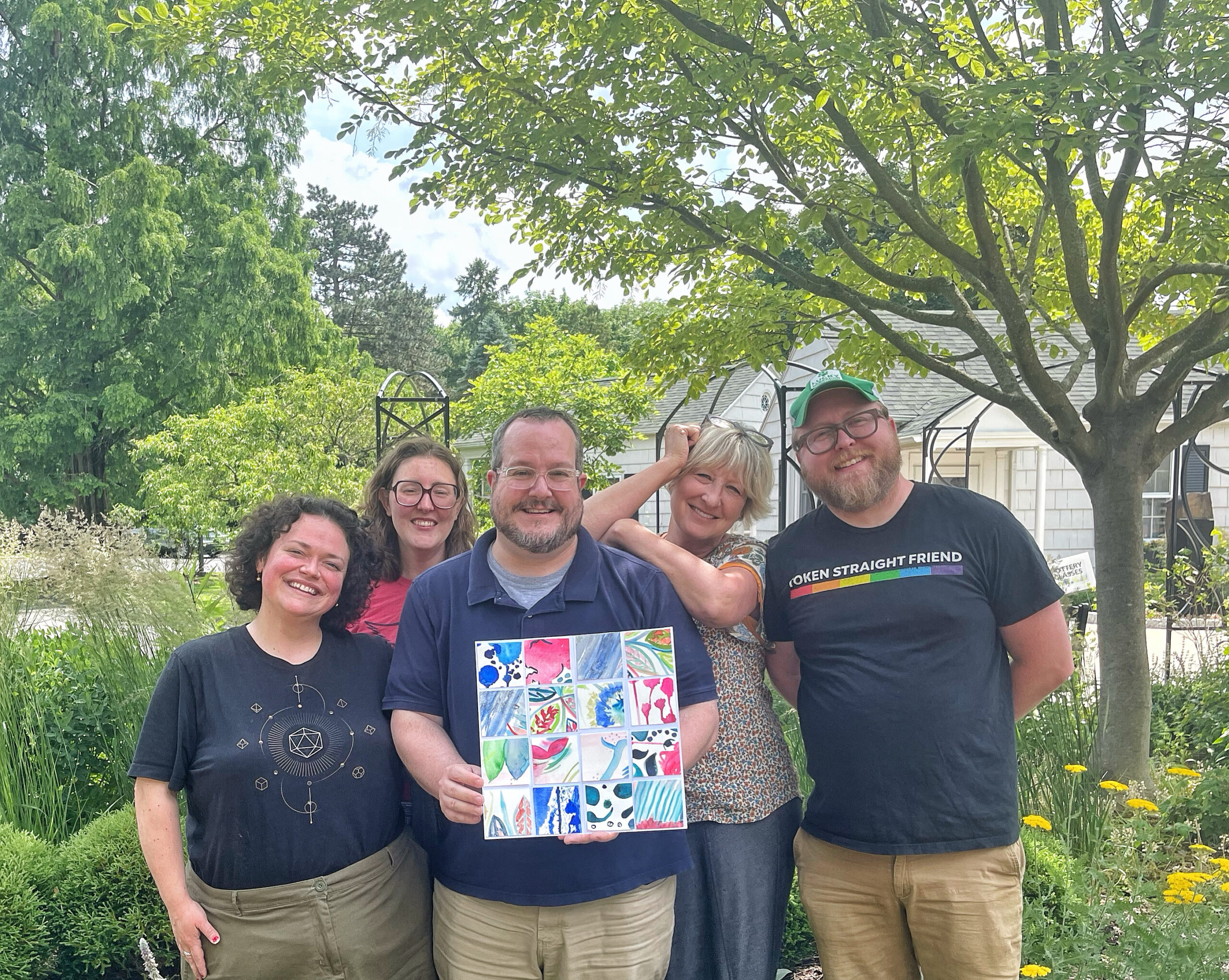trinity
episcopal church
downtown toledo
Progressive.
Inclusive. Creative.
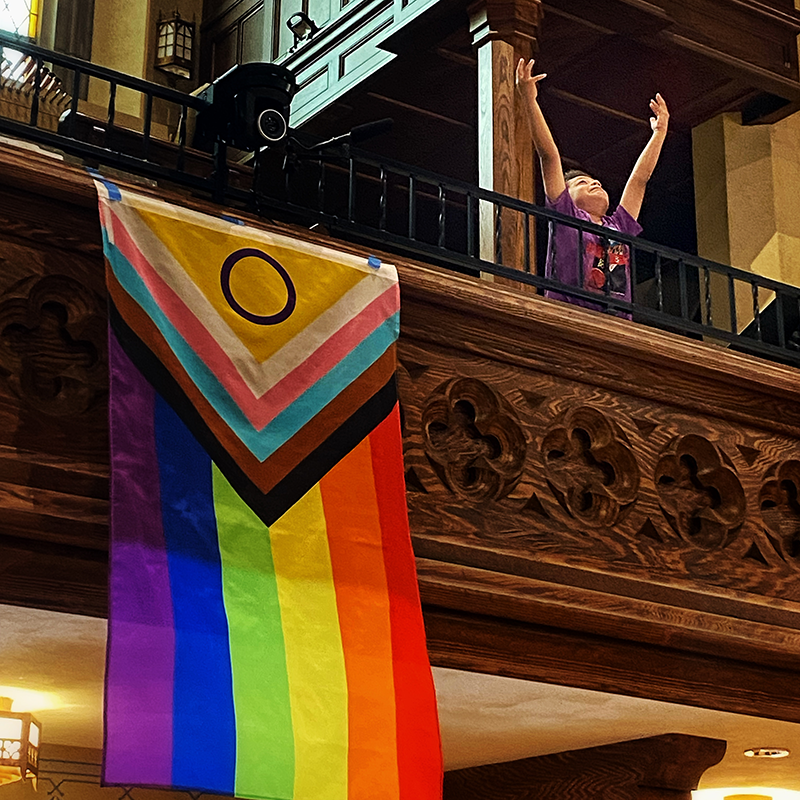
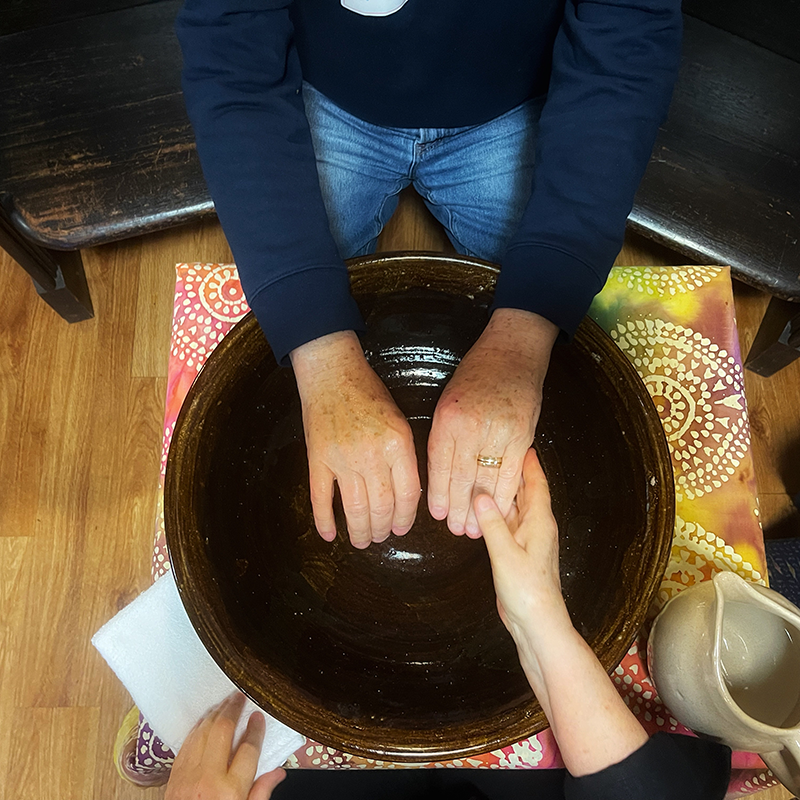

Trinity@316
Join us in person every Sunday at 10am:
316 Adams St.
Toledo, OH 43604
419-243-1231
Lunch and Learn
Dear friends,
This week after church we will be hosting a lunch and learn in My Brother’s Place for the for the first time since we started planning in Lent of 2023. It has been a long road to get to where we started, and I could not be more excited to share with you what those Lent-Lean-Ins have brought. This will be a time where Trinity guests and members will get to listen to, and engage with Michael Kidney as he speaks on Pride, Kimberly Kefalas about Breakfast at Trinity, Joe Dawson on our Trinity Response Team, Brian Ingman about worship leading, Mark Dubielak, and myself. We will be talking about what our plans for 2026 are in these ministries and answering any questions you have!
We have been working hard over the past few years to establish what community engagement looks like not only at Trinity, but in our larger community as well. We’ll start off by talking about what we discussed back in 2023, then where we are at now. So, come with your questions, and there will be a taco bar, so that is pretty darn exciting. If you’re planning on coming please sign up here so we know how much food to prepare!
Grace and peace,
George M. Benson
Director of Community Engagement
